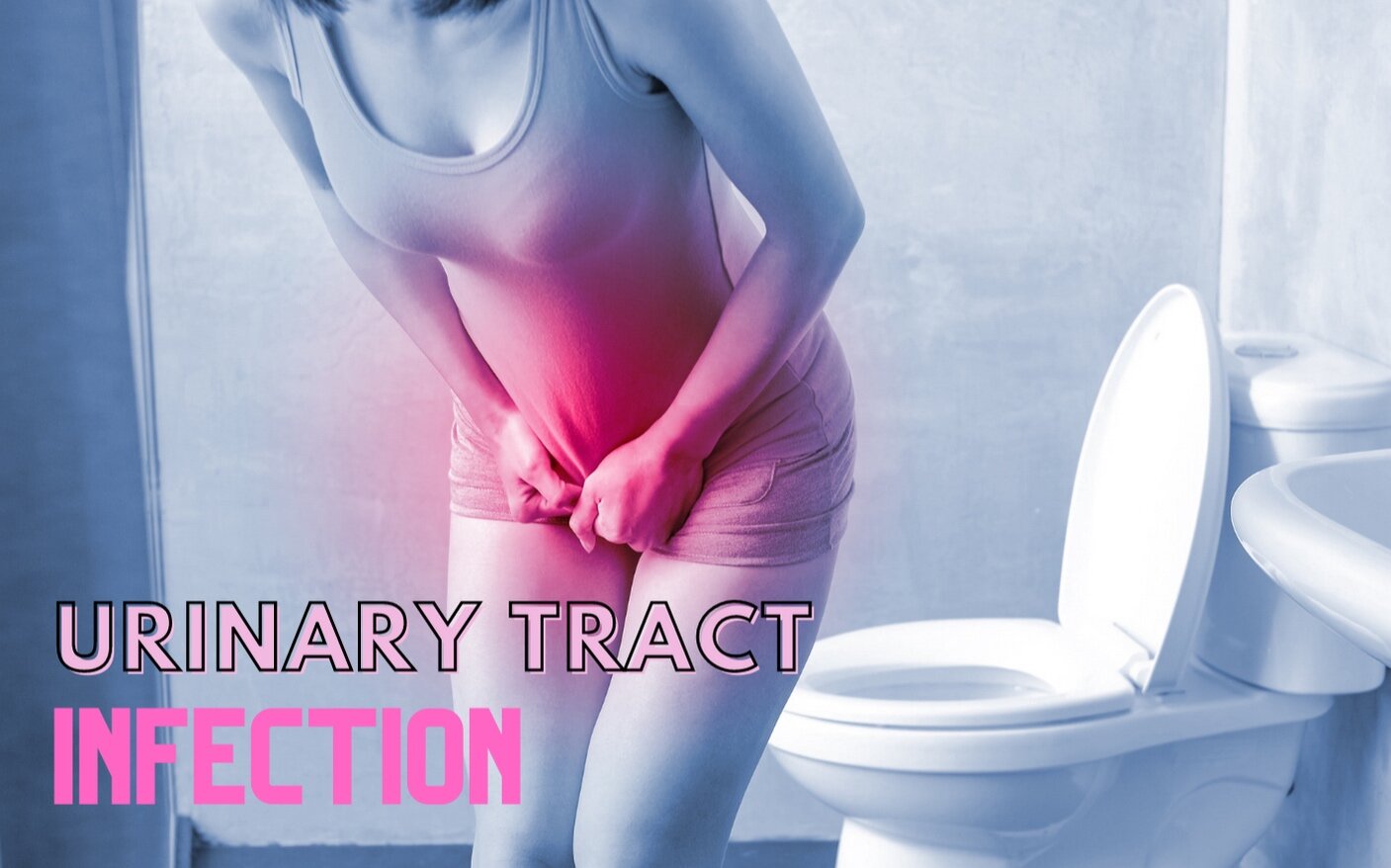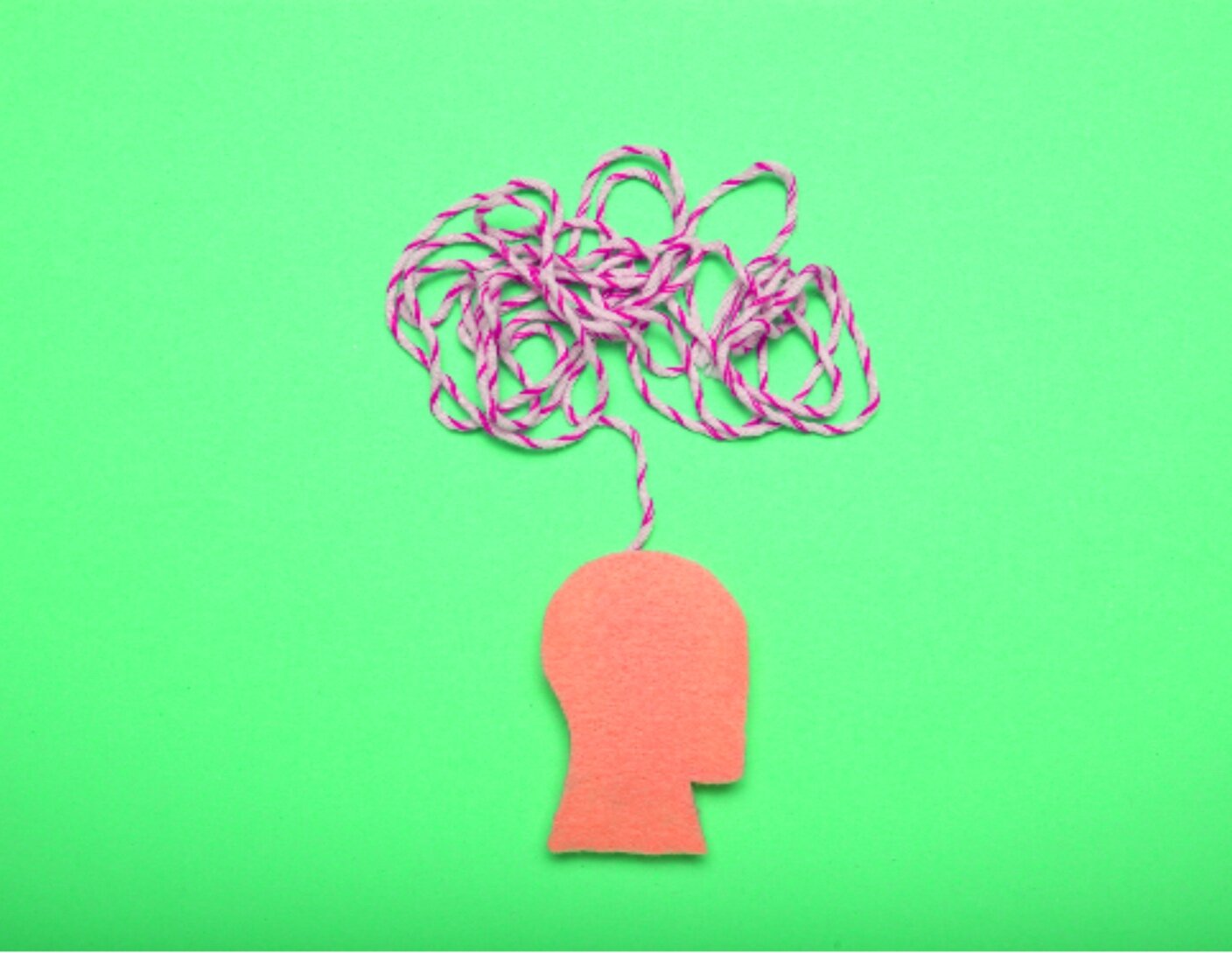Insomnia

Insomnia
with Dr Nile
Everyone can have the odd night when they don’t sleep well, but if you suffer with insomnia it means that you have difficulty sleeping on a regular basis. If your sleep is disturbed by a current exciting or stressful or situation it is usually short lived and will improve when the stress or excitement has passed. However, for those that have repeated difficulty in sleeping it can have a really negative impact on your health and happiness.
Sleep is an essential function that allows us to recharge our mind and body. Human beings are designed to sleep when it is dark and wake when it is light. Therefore, light plays an important part in producing hormones like melatonin when it’s dark which makes us sleepy, and cortisol when it’s light that makes us alert. Growth hormone levels are also increased at night and help us to grow, repair and regulate our metabolism.
Insomnia can have a huge impact on your mood, memory and concentration. It has also been linked to an increased risk of certain medical conditions such as obesity, high blood pressure, heart disease, diabetes and poor mental health. The quality of your sleep can be affected by many things such as stress, anxiety and pain among many other things.
There are some underlying medical conditions that can interfere with your sleep and it may be necessary to speak to your GP to determine if there is a problem that needs to be treated. Before doing this, it is a good idea to keep a sleep diary for a couple of weeks, which will help your doctor to look for any physical conditions or unhelpful patterns that can be addressed. You can download a simple sleep diary from the internet and you can use a sleep tracker app on your phone which records your sleep patterns, such as ‘Sleep Cycle’.
Sleep hygiene encompasses healthy sleeping habits and provides sensible advice for everyone. These include having a regular bedtime and waking time, avoiding the use of caffeinated and alcoholic drinks, especially later in the day, avoiding heavy meals late at night, using black out curtains or blinds or wearing an eye mask to keep out the light, avoiding artificial light from TV or electronic devices before sleep and only going to bed when you are tired. It is also important to get out in the daylight during the day, for a minimum of 30 minutes and before midday if possible and take regular exercise while avoiding strenuous activity in the evenings.
Sleep hygiene tips form the basic habits that anyone with sleeping difficulties should adopt but some people require more help to improve their sleep and may benefit from a deeper analysis of their sleeping habits. Cognitive behavioural therapy for insomnia (CBTi) is given by trained therapists specialising in sleep disorders. It is not usually available on the NHS however in some areas of the UK people can be referred for an online version of this therapy. You can register online at sleepstation.org.uk to see if a referral from your GP can be made, without needing to visit your GP.
Medications are available to help with sleep but they are not suitable to use long term as they are generally very addictive and can cause more problems than they solve. The effects also wear off as you become tolerant to them so they should only be used as a last resort for a very limited period of a few days. They can also cause daytime drowsiness and can impair your ability to drive and operate machinery.
So if sleep hygiene measures have not worked, CBTi is not easily available and medications are not really a suitable long term solution, what else can you do? Firstly, keep a log of your sleep habits for a few weeks to get a clear picture of your sleep and waking times. Regularity is the number one rule when it comes to improving your sleep and this includes weekends.
Secondly, be aware of your thoughts about sleep and the language you use to describe your ability to sleep. Constantly labelling yourself ‘a bad sleeper’ or worrying that you will not get a good night’s sleep, is not helpful and reinforces a poor sleeping pattern.
Thirdly, aim is to spend most of your time in bed, sleeping, as opposed to trying to sleep. To do this, you need to restrict your time in bed to the number of hours you usually sleep, and then increase this sleeping window by 15-30mins each week as your sleep improves. You can register for Martin Reed’s Free Insomnia Sleep Training for further advice on sleep restriction.
Ultimately, sleep is something that we all do naturally. We all have an internal body clock which thrives on regularity and is influenced by our hormones, daylight and what we do during our day. However, the quality of our sleep is also affected by our thoughts, our environment and even by what we eat and drink. Throughout the day our sleep drive, which is like our appetite for sleep, naturally builds up. We need to increase this appetite by being active during the day, preserve it by avoiding naps and savour it by winding down with a relaxing bedtime routine at night with thoughts of getting into a cosy bed for a long restful sleep.
Our mission is to change the perception of beauty. To change the way young women view themselves and change the way they are viewed by the world around them. Join us on the BeYoutiful journey.





